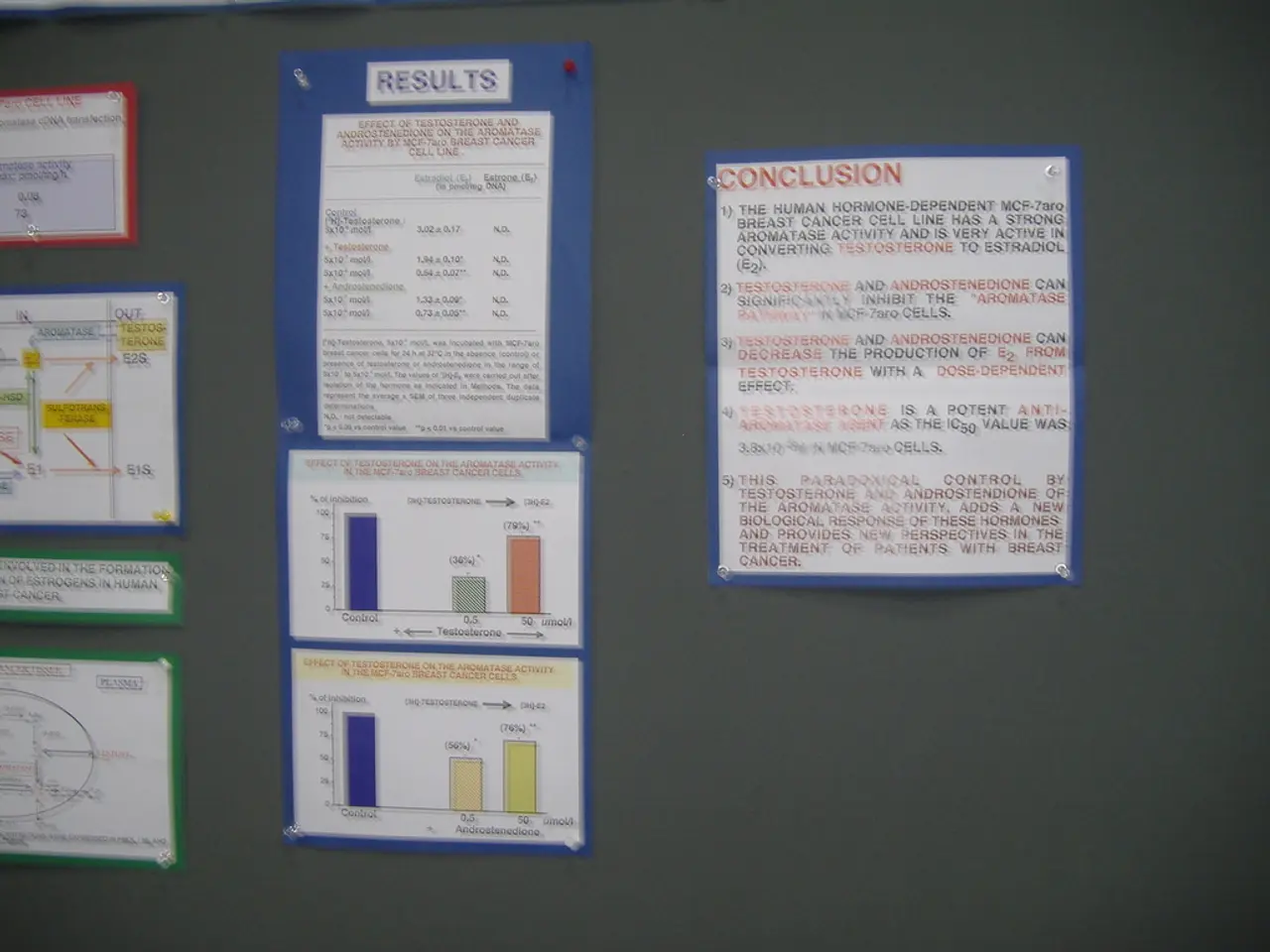Disclosing Information Required of Houston Home Vendors: Essential Facts Homeowners Must Disclose
In the bustling city of Houston, where flood-prone areas are a common feature, and the real estate market is brimming with opportunities, it's essential for buyers to be well-informed about the properties they are considering. The Texas Seller's Disclosure Notice plays a crucial role in ensuring transparency and protecting both sellers and buyers during home sales.
**Requirements for Sellers**
Before the purchase contract becomes binding, sellers must complete the Texas Real Estate Commission (TREC) Seller's Disclosure Notice, or a substantially similar form. This document includes information about material defects, legal and title-related issues, and utilities and infrastructure. Sellers must disclose structural problems, plumbing, electrical, and HVAC issues, water intrusion, pest or termite damage, environmental hazards like asbestos or lead paint, zoning violations, boundary disputes, unpaid HOA dues, deed restrictions, pending litigation, public or private water and sewer services, electricity, sewage systems, road access, and floodplain status.
The disclosure must be delivered before or at the same time as the sales contract. If not received promptly, the buyer has seven days to cancel the contract after receiving it.
**Exemptions for Sellers**
Sellers are exempt from providing the disclosure if the sale is court-ordered, the home is being returned to a lender due to foreclosure, or the home is part of an estate or trust settlement.
**Consequences for Non-Compliance**
Failure to deliver the disclosure notice can allow buyers to terminate the contract if it is not received within the specified timeframe. Sellers who knowingly fail to disclose material defects may face legal consequences, including potential lawsuits from buyers who discover undisclosed issues post-sale.
**Rights and Responsibilities of Buyers**
Buyers have the right to terminate the contract if the Seller's Disclosure Notice is not provided within the specified timeframe. They should carefully review the disclosure for any red flags and consider hiring inspectors to verify the condition of the property.
In Houston, sellers need to tell buyers if they are buying in a high-risk flood zone, as flood insurance isn't cheap and in some areas, your mortgage company will require it. If the seller filed insurance claims for storm damage, flooding, fire, break-ins, or anything else that required major repairs, this information must be disclosed to buyers.
Any previous deaths on the property typically don't require disclosure unless specifically asked, but sellers should understand their state's requirements regarding stigmatized properties. Sellers must reveal any known neighborhood conditions that could affect property values or livability, such as proximity to airports, industrial facilities, major construction projects, or other factors that might impact noise levels, air quality, or property values.
Sellers in Houston must also disclose any known property boundary disputes, shared driveways, utility easements, or other legal issues that could affect the buyer's use and enjoyment of the property.
By understanding the requirements, exemptions, and consequences of the Texas Seller's Disclosure Notice, both buyers and sellers can navigate the real estate market with confidence and make informed decisions.
A prudent homebuyer in Houston, with an eye on their lifestyle and investment, should carefully consider the Texas Seller's Disclosure Notice to ensure they fully understand potential issues, such as floodplain status, environmental hazards, or structural problems, before investing in a property. Furthermore, understanding the financial implications of living in a high-risk flood zone, like the need for expensive flood insurance, is crucial for making informed decisions about home-and-garden investments in the city.




